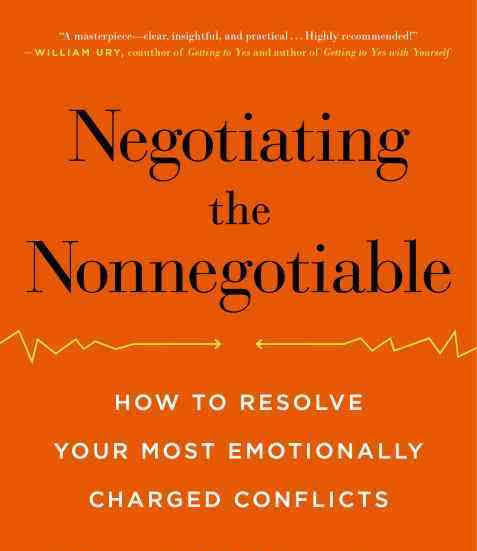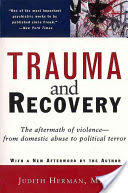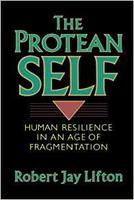
“A masterpiece—clear, insightful, and practical””
—William Ury, coauthor of Getting to Yes
In Negotiating the Nonnegotiable, Daniel Shapiro introduces a groundbreaking method to bridge the toughest divides—whether with family members, colleagues, or in the polarized world of politics. He reveals the hidden power of identity in fueling conflict, and presents a practical framework to reconcile even the most contentious situations. Field-tested around the world, the results are empowering.

“Powerful, practical advice. It will put your emotions to good use.”
—Archbishop Desmond Tutu, Nobel Laureate
Have you ever struggled to deal with emotions in a conflict or negotiation? In Beyond Reason, renowned negotiator experts Roger Fisher and Daniel Shapiro show readers how to use emotions to turn a disagreement – big or small, professional or personal – into an opportunity for mutual gain.

When Trauma and Recovery was first published in 1992, it was hailed as a groundbreaking work. In the intervening years, Herman’s volume has changed the way we think about and treat traumatic events and trauma victims. In a new afterword, Herman chronicles the incredible response the book has elicited and explains how the issues surrounding the topic have shifted within the clinical community and the culture at large.Trauma and Recovery brings a new level of understanding to a set of problems usually considered individually. Herman draws on her own cutting-edge research in domestic violence as well as on the vast literature of combat veterans and victims of political terror, to show the parallels between private terrors such as rape and public traumas such as terrorism. The book puts individual experience in a broader political frame, arguing that psychological trauma can be understood only in a social context. Meticulously documented and frequently using the victims’ own words as well as those from classic literary works and prison diaries, Trauma and Recovery is a powerful work that will continue to profoundly impact our

“We are becoming fluid and many-sided. Without quite realizing it, we have been evolving a sense of self appropriate to the restlessness and flux of our time. This mode of being differs radically from that of the past, and enables us to engage in continuous exploration and personal experiment…”
The “protean self,” as psychiatrist Lifton defines it, feeds on bits and pieces of experience in our fragmented, deracinated society and continuously reinvents itself. In an ambitious, highly stimulating, original synthesis, the prolific author of Death in Life and The Nazi Doctors contends that the protean self is a phenomenon unique to our centruy. Lifton’s growth-oriented, malleable achievers improvise upon the conventional life cycle and seek alternatives to narrowly defined career paths. He profiles protean individuals such as Vaclav Havel, photographer/novelist Gordon Parks and social activists. He tracks the ever-changing self in the fiction of Kurt Vonnegut, Don DeLillo and Gunter Grass. He also interviews Christian fundamentalists, said to be in flight from protean openness, and black ghetto dwellers in whom he found alarming psychic fragmentation. This inspiring essay veers off into social commentary, discussing the U.S. as a laboratory of self-invention and the worldwide plunge into ethnicity.
